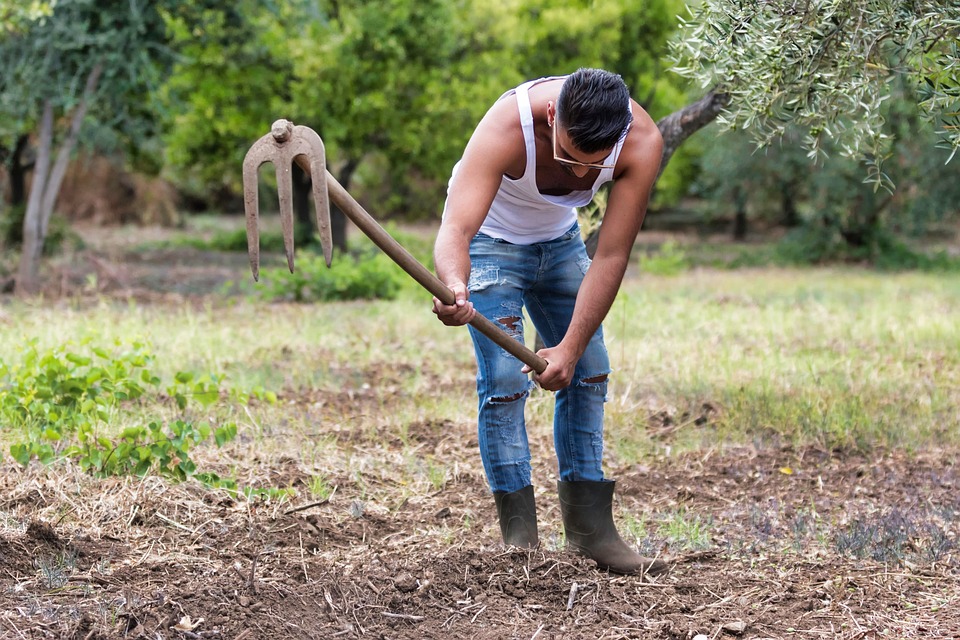Global warming is a pressing issue that is affecting our planet in numerous ways. The increase in greenhouse gases in the atmosphere, primarily due to human activities such as burning fossil fuels and deforestation, is causing the Earth’s temperatures to rise at an alarming rate. This has led to a myriad of consequences, including more frequent and severe natural disasters, melting ice caps, rising sea levels, and changes in weather patterns.
Can global warming be stopped? Is there a way to reverse the damage that has already been done? While the situation may seem dire, there are steps that can be taken to mitigate the effects of global warming and work towards a more sustainable future.
### The Importance of Taking Action
It is crucial that we take action to address global warming now, as the consequences of inaction will only worsen over time. If we continue on our current path, the Earth’s temperatures will continue to rise, leading to more extreme weather events, food and water shortages, and displacement of communities.
### Sustainable Energy Solutions
One of the most effective ways to combat global warming is to transition to sustainable energy sources. Renewable energy sources such as solar, wind, and hydropower can help reduce our reliance on fossil fuels and lower greenhouse gas emissions. Investing in clean energy infrastructure and implementing policies that promote the use of renewable energy are essential steps in the fight against global warming.
### Reforestation and Conservation Efforts
Another important strategy for combating global warming is to protect and restore natural ecosystems. Forests play a crucial role in absorbing carbon dioxide from the atmosphere, so reforestation efforts can help offset some of the emissions produced by human activities. Conservation efforts to protect biodiversity and preserve natural habitats are also important in mitigating the effects of global warming.
### Sustainable Agriculture Practices
The agriculture sector is a significant contributor to greenhouse gas emissions, but sustainable farming practices can help reduce its environmental impact. Practices such as crop rotation, organic farming, and agroforestry can help sequester carbon in the soil and reduce emissions from agricultural activities. Implementing sustainable agriculture practices on a global scale can help reduce the sector’s contribution to global warming.
### Individual Action
While government policies and international cooperation are essential in the fight against global warming, individual actions also play a crucial role. Simple steps such as reducing energy consumption, recycling, and using public transportation can help lower greenhouse gas emissions and lessen our impact on the environment. By making sustainable choices in our daily lives, we can all contribute to the effort to stop global warming.
In conclusion, while global warming is a complex and challenging issue, it is possible to take action to mitigate its effects and work towards a more sustainable future. By investing in renewable energy, protecting natural ecosystems, implementing sustainable agriculture practices, and taking individual action, we can make a difference in the fight against global warming. It is up to all of us to work together to address this critical issue and safeguard the health of our planet for future generations.

Kyle Whyte is a notable scholar and professor at the University of Michigan, holding positions such as the George Willis Pack Professor in the School for Environment and Sustainability and Professor of Philosophy. Specializing in environmental justice, his work critically examines climate policy and Indigenous peoples’ ethics, emphasizing the nexus between cooperative scientific endeavors and Indigenous justice. As an enrolled Citizen Potawatomi Nation member, he brings a vital perspective to his roles as a U.S. Science Envoy and member of the White House Environmental Justice Advisory Council. His influential research is supported by various prestigious organizations including the National Science Foundation, and disseminated through publications in high-impact journals. Kyle actively contributes to global Indigenous research methodologies and education, with affiliations to numerous institutes and societies dedicated to traditional knowledge and sustainability. Recognized for his academic and community engagement, Kyle has earned multiple awards and served in various visiting professorships. His efforts extend to leadership positions on boards and committees focused on environmental justice nationwide.
